Why Individual Attention is Important in the Classroom
- admin
- 2022-03-29
- 4 min read
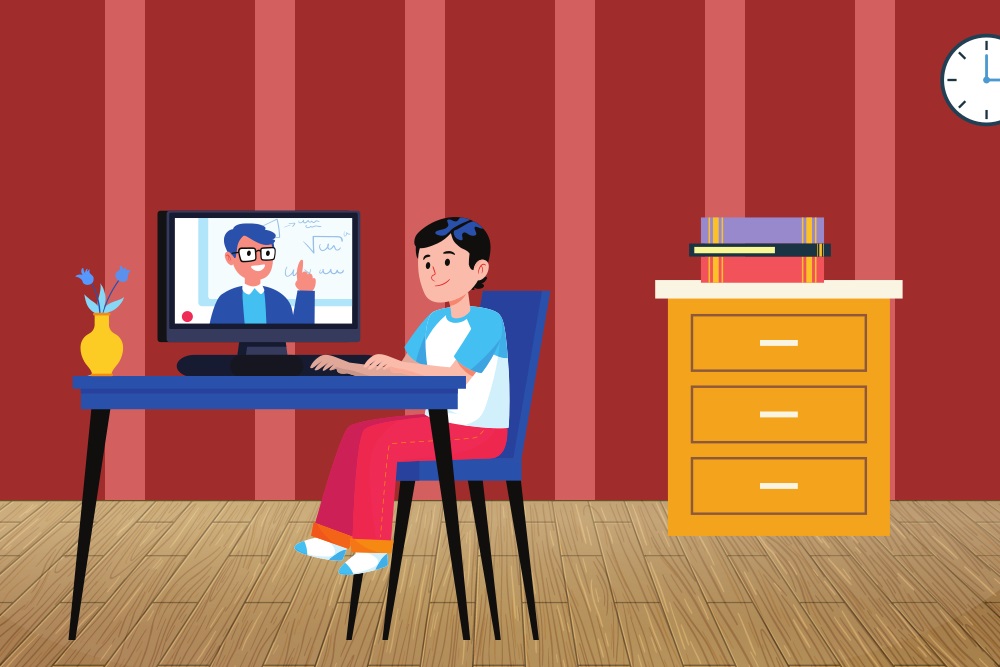
Every child is different. They have various capacities to learn and avail of opportunities to maximise their potential. In classroom settings of primary and middle schools, it is of utmost importance that individual attention is paid to all students. Educators need to place special emphasis on a collaborative plan of learning, which can further be customised as per the different needs of the children.
Following are 8 reasons why individual attention is important to help children grow and achieve their fullest potential:
1. Enhancing Focus
Contents

Individual attention helps in enhancing focus among children. Recently, it has been found that the attention span of children has drastically reduced over the years. However, with the help of individual attention from educators, children have been able to sustain attention for longer periods. This has had a positive impact on learning. Once concentrated attention is paid to the task at hand, it leaves the child with little room for distractions.
2. Spotting Talent

Secondly, individual attention is also instrumental in spotting talent among a large throng of students in a class. Often, when a class is too large, it becomes difficult for teachers to recognise the skills and capabilities of each student. Individual attention enables educators to spot talent among the kids and give them their due credit. Suitable encouragement and attention from teachers can go a long way in allowing the children to shine. They may want to take up extra classes or enrol for various competitions based on activities that interest them.
3. Subject Interest
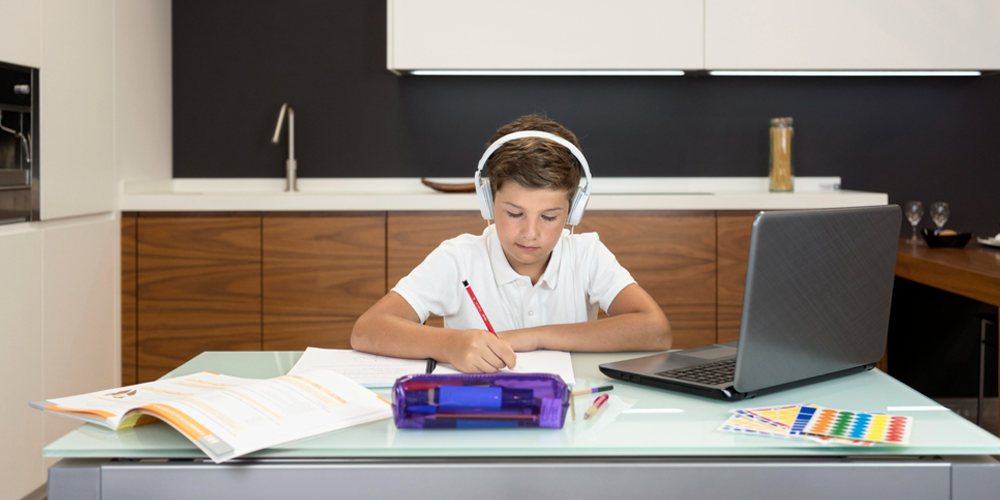
Individual attention is also great for helping kids sustain interest in the subject matter. In a usual classroom setting, constant lectures can be boring because they may not be tailor-made for an individual child. However, by employing an individual medium of instruction, the child can surely develop an interest in what is being taught, and absorb the learning properly.
4. To Keep Student-Paced Learning
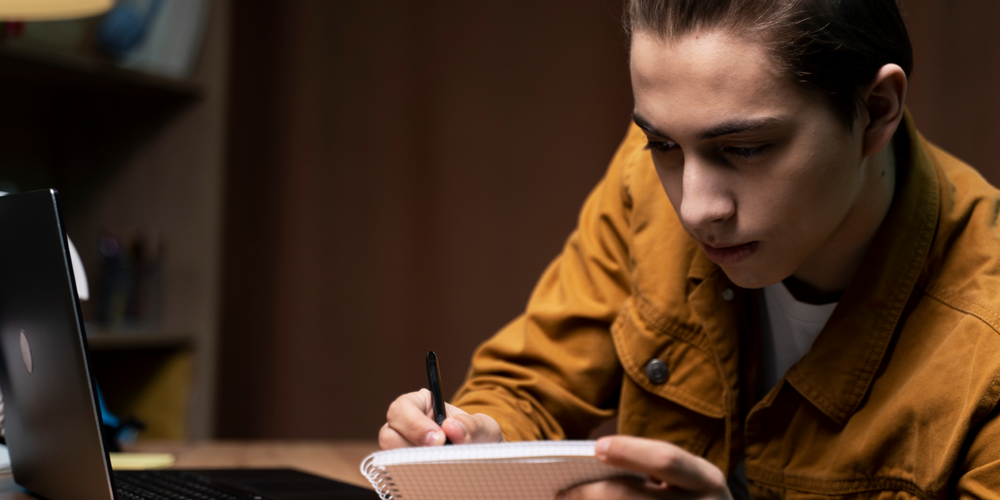
Individual attention does well in keeping learning student-paced. There are all types of students in a class. Some learn fast, whereas others go a bit slow. Some need more practical knowledge of a concept, whereas others need to brush up on their foundational knowledge. Attention to each child in this manner enables educators to chart out a suitable educational plan from them, which maximises the learning potential.
5. Healthy Classroom Environment
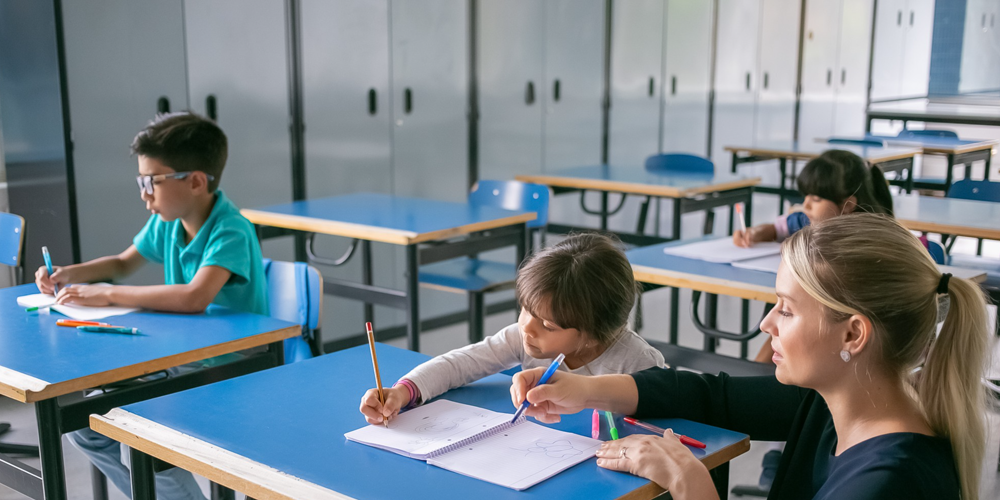
A significant aspect of giving individual attention to students is that it helps foster a healthy classroom environment. If an educator goes the extra mile and is attentive to the needs of every child in the classroom, it can make the students feel seen and heard. Their problems can be taken into account, and teachers can follow a collaborative model to resolve the issues. For example, accommodating a specially-abled child through appropriate individual attention can enable them to learn properly.
6. Classroom Activities
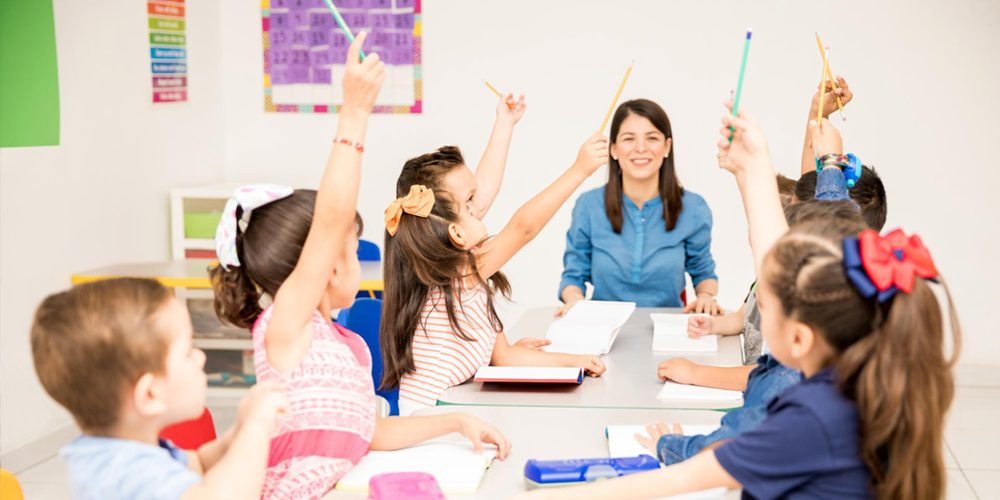
Classroom activities can be planned better with individual attention to the students. Some kids might like a certain type of activity, but others might have a different view. The teacher acknowledge the likes and dislikes of every student, and accordingly schedule playtime, breaks, lessons, and activities so that all are satisfied. Also, just one type of activity gets monotonous. Taking into account the perspectives of different children will enable educators to think of novel ideas for educational activities that are enjoyable for all.
7. Plan And Organise Classroom Setting
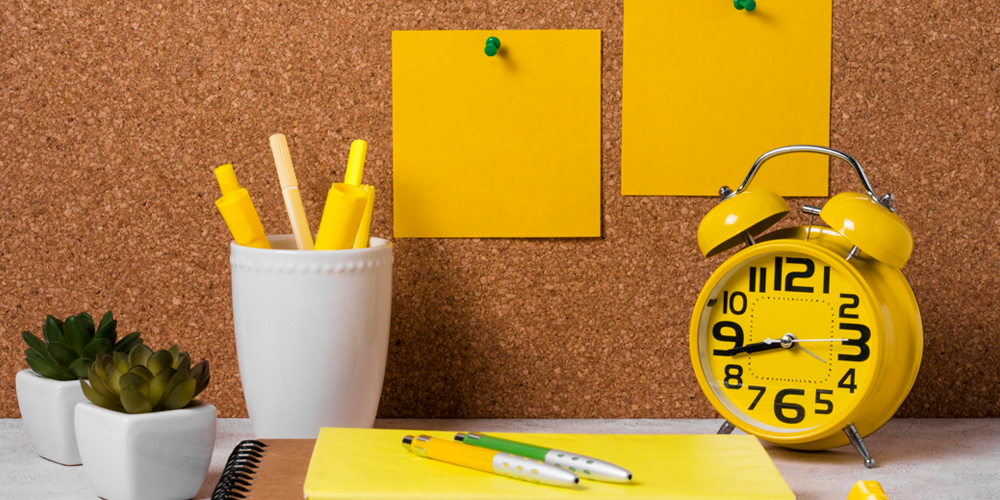
Individual attention can also help the teachers to plan and organise the classroom setting in a way that makes the learning of the subject matter convenient for all. Focusing on each child and prioritising their individual needs, the teacher can work on suitable seating plans, seating partners, and lesson slots alternating with breaks to make every student feel secure and acknowledged.
8. Essential For Differently-Abled Children
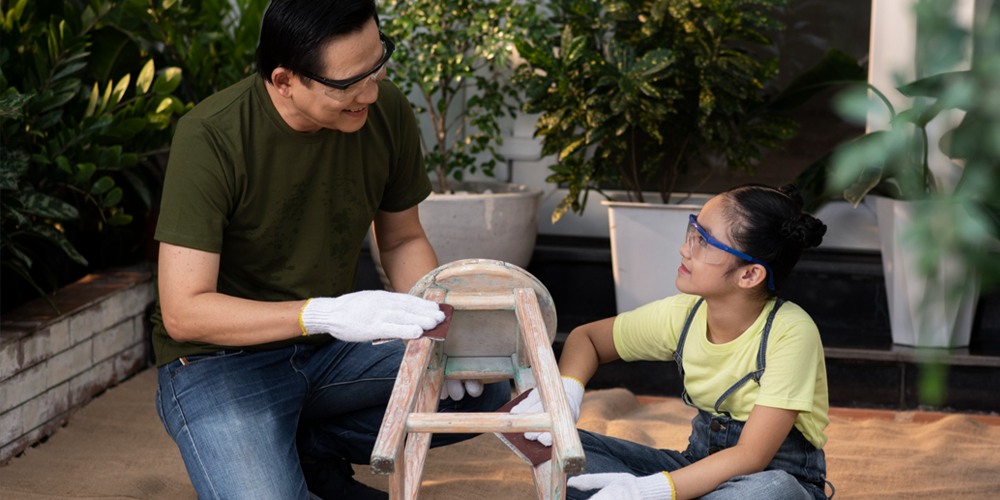
Lastly, individual attention is extremely essential for differently-abled children. Special attention has to be given to their health and overall progress under the ambit of the classroom. Problems can go unaddressed if teachers don’t recognise them in time due to lack of attention. Most importantly, teachers shouldn’t discriminate between them and other kids, and ensure that they are included in all classroom activities. If required, regular attention must also be paid to their classwork and performance in tests to pinpoint whether they have encountered any hurdles in their quest for learning.
Conclusion
Each teacher must recognise that children have different motives, goals, and capabilities to study and learn. Taking their nature and experiences into account, educators can chart out individually prescribed instruction (IPI) as it contributes significantly to any child’s basic understanding of concepts and their application in real life. We must celebrate the fact that each child is unique and treat them accordingly.
Read further to understand the importance of personalized learning.
21K School
Read our latest education blogs here. We are pioneers in proffering personalised, affordable and high-quality lessons using an advanced learning platform.


Join Asia’s Leading Online School and Unlock
endless opportunities
Join Asia’s
Leading Online School
and Unlock endless opportunities

 Thailand
Thailand




